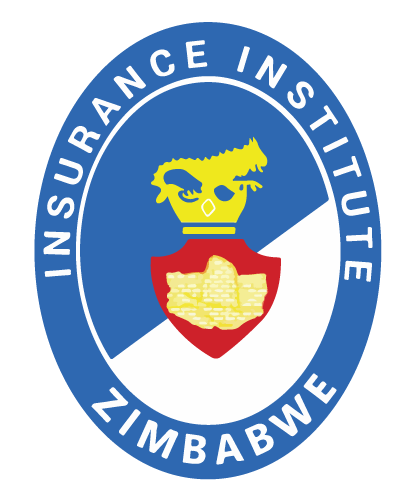Continuous Professional Development | CPD
What is Continuous Professional Development (CPD)?
CPD, or Continuous Professional Development, refers to learning activities that professionals undertake to improve their skills and proficiency throughout their careers through the tracking and documentation of the skills, knowledge, and experience gained both formally and informally as they work, beyond any initial training and qualification.
Continuous Professional Development (CPD) involves ongoing education for professionals to stay current with skills and knowledge. It includes activities like training courses, seminars, workshops, and online programs to improve proficiency and keep up with market changes.
Benefits of Continuous Professional Development
1. Keeps Skills and Knowledge Updated
The labour market is continuously evolving with new technologies, methodologies, and best practices. CPD ensures that professionals stay current with the latest trends and maintain their competencies. By staying updated, individuals can apply the most recent and effective strategies in their respective fields.
2. Enhances Career Prospects and Growth
Investing in professional development can significantly enhance career prospects. Employers often seek candidates who demonstrate a commitment to their personal and professional growth.
3. Improves Job Satisfaction and Engagement
CPD can lead to higher job satisfaction by providing individuals with the tools they need to perform their jobs more effectively. This sense of competence can increase engagement and reduce job-related stress.
4. Encourages Innovation and Creativity
CPD stimulates innovation by exposing professionals to new ideas and perspectives. This exposure can inspire creative solutions to problems and drive organizational improvements.
5. Builds Professional Networks
Participating in CPD activities often involves interacting with other professionals. These interactions can lead to the formation of valuable networks.
6. Provides a Structured Approach to Learning
CPD offers a structured approach to learning that helps professionals set goals and track their progress. This structured framework ensures that learning is purposeful and aligned with career objectives.
7. Enhances Organizational Value
Organizations benefit immensely from the CPD of their employees. A skilled and knowledgeable workforce can drive the organization’s success and adaptability in a competitive market.

Training
A CPD training course is a widely recognized method for undertaking Continuing Professional Development. These courses can span a single day to several days or weeks, depending on the subject matter and depth. They typically focus on specific topics or provide skills relevant to particular industries. Training may incorporate various formats such as seminars.

Seminar
Seminars are short CPD sessions, usually lasting a few hours to one full day, focused on specific subjects. They typically involve up to 20 participants and encourage group interaction through activities and discussions. This format promotes knowledge retention and offers valuable networking opportunities in a professional setting.

Workshops
Workshops are interactive sessions that usually run for one to three days. Unlike seminars, they focus on practical skills development, incorporating hands-on exercises, breakout sessions, and role plays. Workshops generally have smaller groups, encouraging direct participation and allowing attendees to apply theoretical concepts in practice.

Webinar
Webinars are online learning sessions designed to quickly update professionals on current topics. These virtual events include features such as live Q&As, polls, document sharing, and interactive discussions. Webinars are ideal for broad audiences, removing the need for physical presence and allowing international participation.

Online Courses
Online CPD courses provide flexible and affordable learning options. They do not require physical attendance and can be accessed anytime, making them suitable for individuals balancing work and family. Course materials are shared digitally, and many online courses can be completed over an extended period rather than on a set date.

Conferences
CPD conferences are larger events that may include keynote presentations, breakout sessions, panel discussions, and networking opportunities. These gatherings often combine multiple CPD formats, such as seminars or workshops, and provide a platform for industry updates and peer engagement.

Other
CPD points can also be earned through alternative methods, including attending industry body meetings, viewing professional presentations, or participating in tutorials. These activities contribute to continuous learning and development outside of formal training environments.
Expectations
To stay updated and get certified each year, members are encouraged to have attained a minimum of 15 CPD points per year from various activities.
CPD Procedure
- Professional must register with the institute for membership.
- The CPD cycle will run from 1 January to 31 December of each year.
- Members must keep records of their CPD activities i.e. dates, hours and descriptions.
- A confirmation letter of attendance or certificate must be submitted to the institute for approval.
- A programme or agenda must be submitted as a supporting document.
- All members who attend IIZ events will automatically qualify for the CPD points attaching to each event.
- Only members who have attained their minimum CPD points will be considered for the annual professional insurance awards.
- IIZ will give awards to the top CPD achievers each year.
Annual Membership
fee per annum as follows
